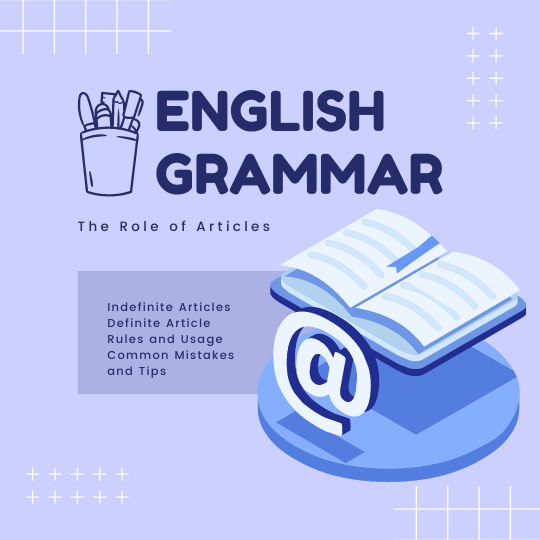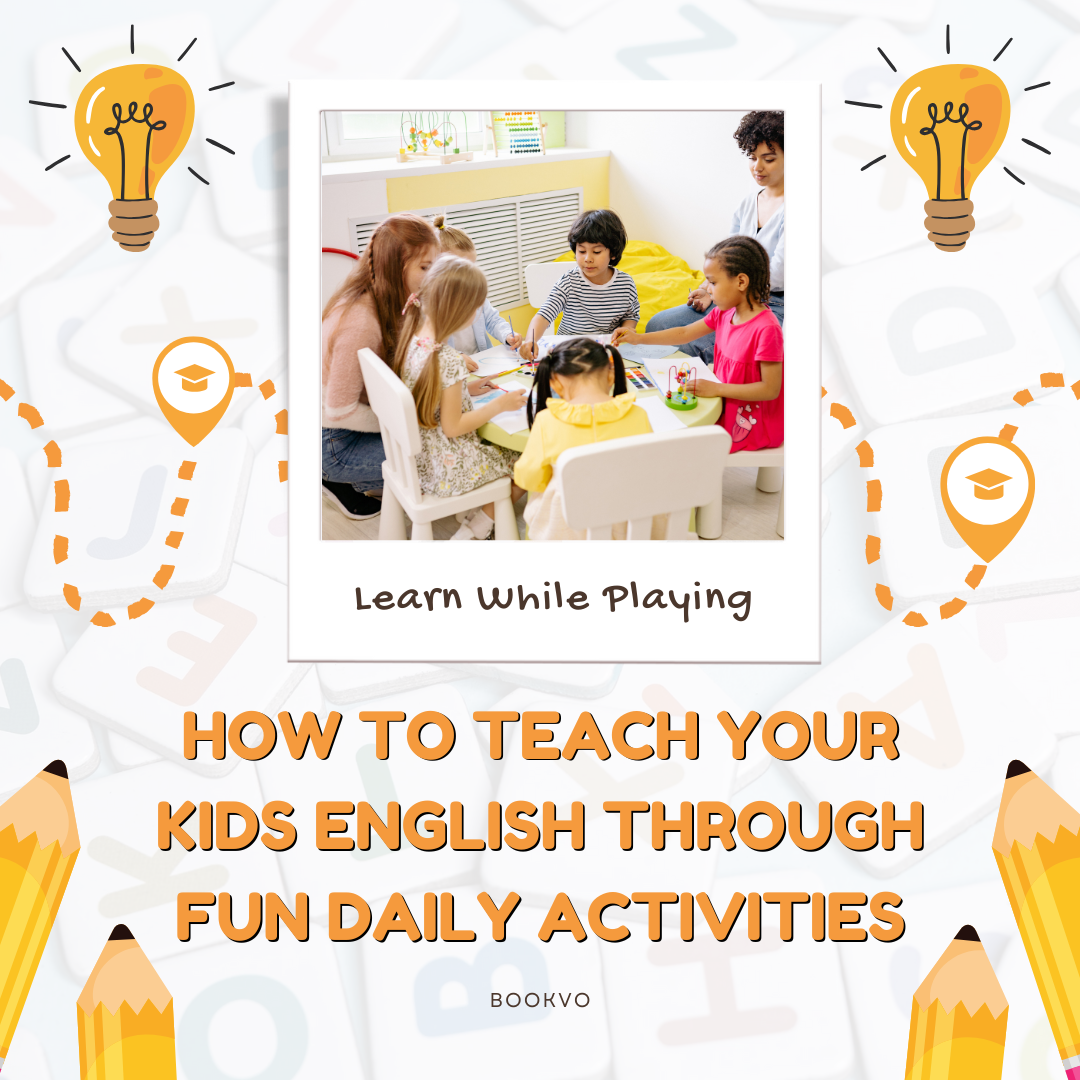Articles are small but powerful words in English grammar that significantly impact the meaning of sentences. They are classified into two types: definite and indefinite articles. Understanding how to use "a," "an," and "the" correctly is essential for clear and effective communication in English.
Indefinite Articles: "A" and "An"
Indefinite articles "a" and "an" are used when referring to a nonspecific item or entity. They are generally used with singular countable nouns.
When to Use "A"
Use "a" before words that begin with a consonant sound:
- A dog
- A university (Note that "university" starts with a "yoo" sound, which is a consonant sound)
- A book
When to Use "An"
Use "an" before words that begin with a vowel sound:
- An apple
- An hour (The "h" is silent, so it starts with a vowel sound)
- An honor
Definite Article: "The"
The definite article "the" is used when referring to a specific item or entity that is already known to the speaker and listener. It can be used with both singular and plural nouns, as well as countable and uncountable nouns.
Examples:
- The dog (a specific dog that both the speaker and listener know)
- The books on the shelf (specific books that are identified by their location)
- The water in the bottle (specific water that is identified by its container)
Rules and Usage
1. General versus Specific:
- General: A cat can make a great pet. (Any cat, not a specific one)
- Specific: The cat on the sofa is sleeping. (A specific cat known to both the speaker and listener)
2. First Mention versus Subsequent Mentions:
- First Mention: I saw a movie last night.
- Subsequent Mention: The movie was fantastic.
3. Unique Entities: Use "the" when referring to unique objects or places.
- The sun
- The moon
- The President
4. Superlatives: Superlatives always use "the."
- The best
- The tallest
- The most beautiful
5. Proper Nouns: Most proper nouns do not use articles, but there are exceptions.
- No Article: John, Paris, Mount Everest
- Use "The": The United States, The Netherlands, The Eiffel Tower
6. Uncountable and Plural Nouns: Use "the" when referring to specific uncountable or plural nouns.
- The information you provided was helpful.
- The students in the class are very attentive.
Common Mistakes and Tips
1. Omitting Articles: Non-native speakers often forget to use articles. Remember that every singular countable noun requires an article.
- Incorrect: I bought new car.
- Correct: I bought a new car.
2. Using the Wrong Article: Choosing "a" instead of "an" or vice versa can make sentences sound awkward.
- Incorrect: She is an university professor.
- Correct: She is a university professor.
3. Overusing "The": Do not use "the" with general nouns unless they are specific.
- Incorrect: The love is important in life.
- Correct: Love is important in life.
Conclusion
Mastering the use of "a," "an," and "the" is crucial for fluent and accurate English communication. By understanding the rules and practicing their usage, learners can avoid common mistakes and improve their language proficiency. Whether you're speaking or writing, the correct use of articles will make your English sound more natural and precise.










